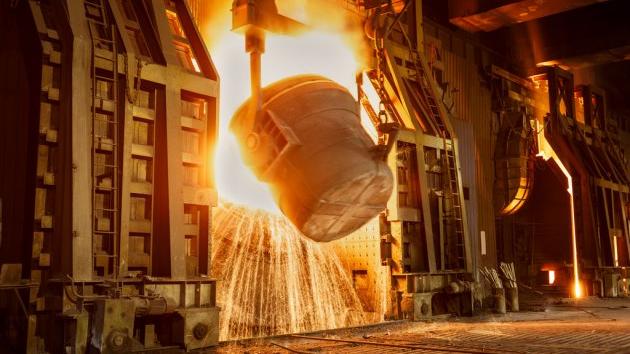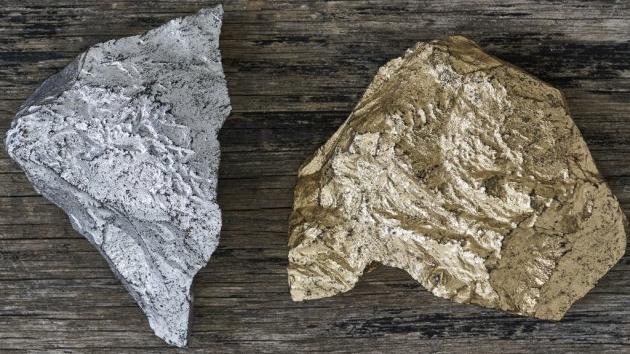Serbia ranked 54th country in the world when it comes to gold reserves
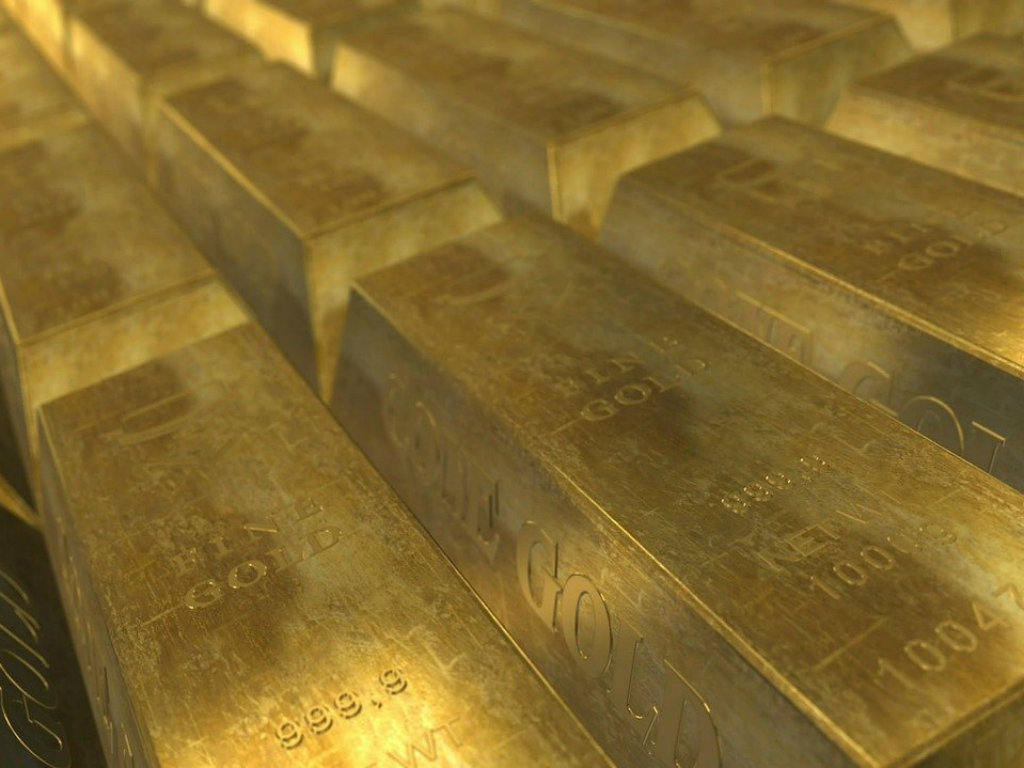
According to economic experts and banking analysts, gold is the best and safest investment, especially in turbulent times like now, due to the Russian-Ukrainian conflict.
In the past six years, Serbia has "significantly increased its gold reserves and moved eight places upwards on the the World Gold Council's list".
As per the official data, in 2016 there were 17.9 tons of gold in the vaults of the National Bank of Serbia, and Serbia ranked 62nd in the world.
Ever since then, Serbia is the leader in the region in terms of the amount of gold, however, the difference today is far more pronounced.
According to the latest data from the World Gold Council, "with its 38.1 tons of gold bars, Serbia is the leading country in the region in terms of the amount of this precious metal deposited in the vaults of the National Bank of Serbia."
Gold has been produced in Bor since the mine was established in 1903, and official statistics on the amount of yellow metal obtained have been kept ever since 1938. From then until December 2018, around 160 tons of gold have been produced in the former RTB Bor - officials in Serbia Zijin Copper told Danas.
They explain that records of gold production before 1938 were being kept by the French, because the mine was in their ownership.
They also advise that, at that time, the French company freely disposed of precious metals, and that there are information suggesting that, by 1935, 16 tons of gold have been exported from the Bor mine.
The situation changed in 1934, when the National Bank of Yugoslavia was given the right of purchase, at prices on the London Stock Exchange, by the Decree on the Supervision of the Production and Use of Precious Metals.
Even today, according to Serbian laws, the entire amount of gold produced must first be offered to the National Bank of Serbia.
Practically, this means that Serbia Zijin Copper, which has purchased over 63% of the former RTB Bor in December 2018, by concluding a strategic partnership agreement with Serbia, must first offer the gold produced in Bor to the National Bank of Serbia.
Only in the event that the National Bank refuses to buy it at the stock market price, Serbia Zijin Copper could ask for an export permit, which has not happened yet.
This Chinese company has sold 5 tons and 742 kilograms of gold to the National Bank of Serbia in three and a half years, and 852 kilograms of gold since the beginning of this year, according to Danas.
Naš izbor
Most Important News
06.04.2024. | Agriculture
Preconditions for Placement of Fresh Blueberries and Dried Plums in Chinese Market Secured

16.04.2024. | News
Jovan Ciric, Leasing Director Retail MPC Properties – MPC Echo symbolizes our desire for good ideas and innovative endeavors to spread freely and bring about positive changes

16.04.2024. | News
10.04.2024. | Finance, IT, Telecommunications, Tourism, Sports, Culture
Creative Industry – What This Serbian Economy Sector Worth EUR 2 Billion Encompasses

10.04.2024. | Finance, IT, Telecommunications, Tourism, Sports, Culture
18.04.2024. | Industry, Finance
Here come the new hunters for Serbian gold – Australian Strickland Metals buys mining project on mountain Rogozna
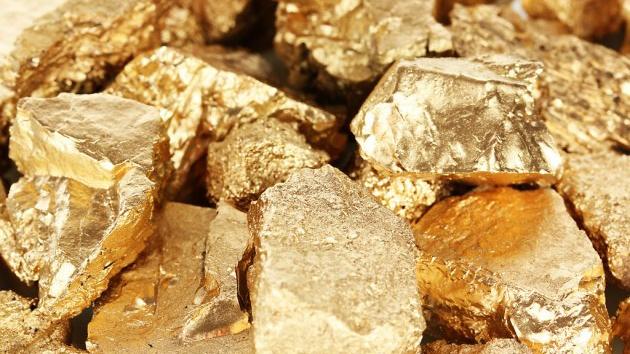
18.04.2024. | Industry, Finance
16.04.2024. | News
Economy Fair in Mostar opens – 26 companies from Serbia exhibiting

16.04.2024. | News
18.04.2024. | Transport
Jovanovic: Purchase of Siemens trams produced in Kragujevac for GSP Beograd should be considered
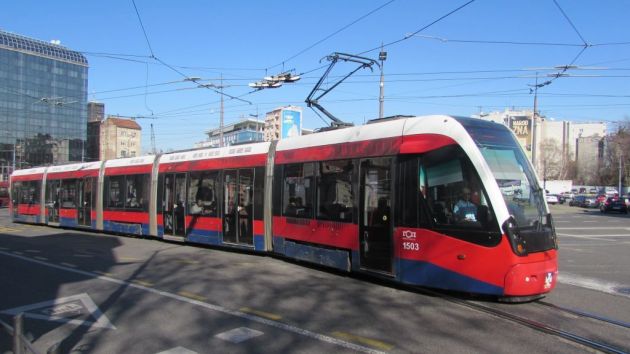
18.04.2024. | Transport


 Izdanje Srbija
Izdanje Srbija Serbische Ausgabe
Serbische Ausgabe Izdanje BiH
Izdanje BiH Izdanje Crna Gora
Izdanje Crna Gora


 News
News











